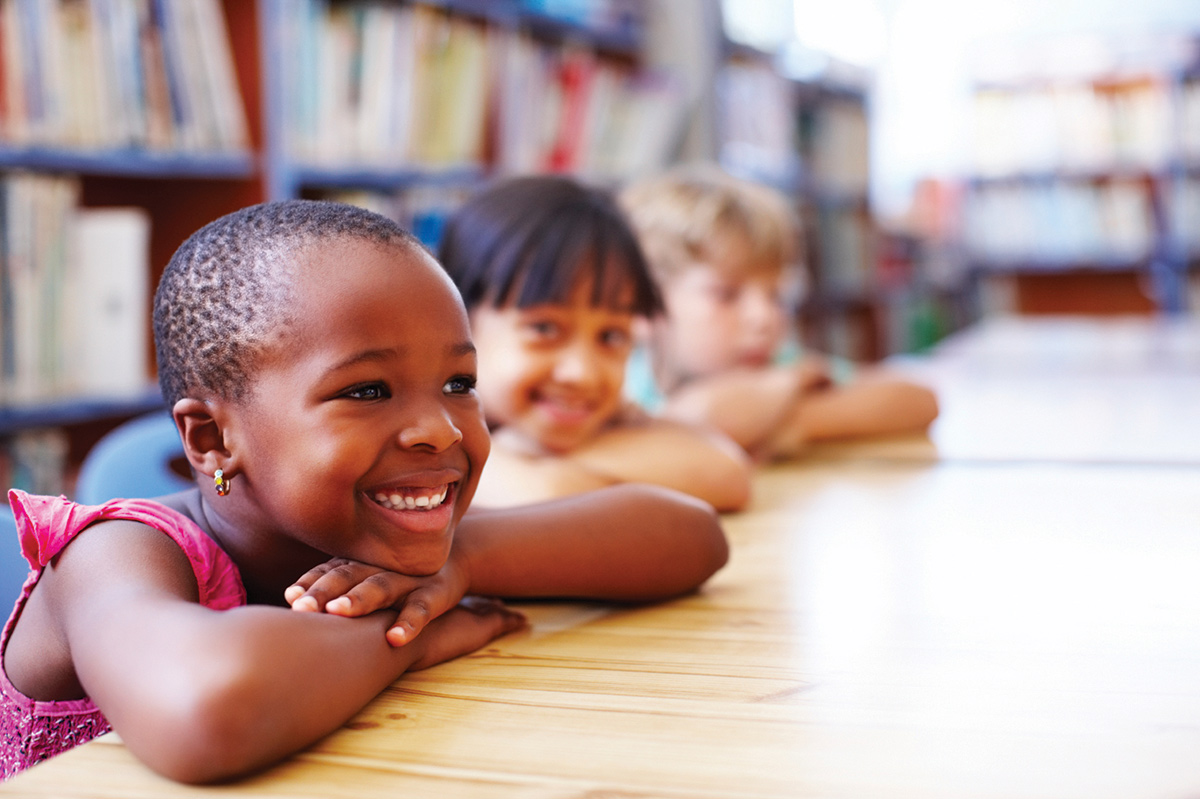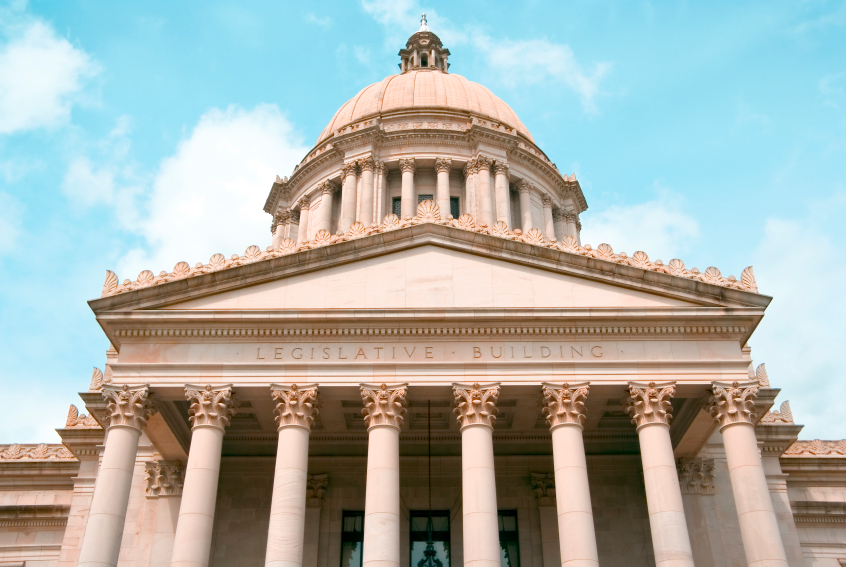 Now that the end-of-the-school-year frenzy is fading from memory and the classroom supply lists haven’t yet arrived, education is probably the last thing on any parent’s mind.
Now that the end-of-the-school-year frenzy is fading from memory and the classroom supply lists haven’t yet arrived, education is probably the last thing on any parent’s mind.
But summer offers a great opportunity to calmly reflect on what matters. Two education advocates think that what matters is the greater good.
Frank Ordway is the director of government relations for the League of Education Voters, a Washington state education advocacy organization. He’s also the parent of two kids who attend Ferndale public schools and a third child in preschool.
Among the challenges of sustaining parent engagement around education issues is getting parents to take a critical look at schools.
“Parents are naturally inclined to believe that they are sending their kids to a great school,” Ordway says. “Otherwise, you have to question your own choices.”
Educational inequity is largely hidden, Ordway believes. The school across town or in another district may not have as much to offer as your neighborhood school, but you might not be aware of that. It’s easy to assume that the academics and enrichment at your child’s school are a baseline and that every school, in every district, has similar offerings. But that’s not the case.
Educational inequity also goes unacknowledged even when it’s visible, Ordway adds. Parents don’t want to brag about their school for fear of upsetting other parents whose kids are not reaping the same benefits.
It’s natural for us to worry, first and foremost, about our own kids, the schools they attend and the school district that manages these schools. And, Ordway says, national politics have devolved to partisan “trench warfare,” which saps the public’s belief and trust in public institutions, making it hard to advocate for change within these institutions.
It is incumbent on you as a parent to care about other kids. Your children will be living and working alongside them, and they will contribute to the health of your kids’ communities.
—Frank Ordway
“Nobody is willing to give up a little bit to get more,” he says. “We ask school districts to set priorities, but when they do, [such as closing schools], the public doesn’t support it.”
What does Ordway believe families should be thinking about over the summer? Educating ourselves, and being prepared to have an honest and productive community-wide conversation about school quality and inequity.
“How a school treats all kids is a reflection of how it treats yours. It is incumbent on you as a parent to care about other kids. Your children will be living and working alongside them, and they will contribute to the health of your kids’ communities.”
As the state legislature grapples with how to fulfill the requirements of the McCleary decision (the Supreme Court mandate to fully fund education in Washington state), Ordway says parents should be ready to weigh in on how the money should be spent.
“Money impacts teacher quality, curriculum, computers, libraries and glue sticks. The educational environment we’ll face in 2015 will be impacted by what the Legislature decides to do.”
Focus on the forest and the trees
 Ask Washington State Sen. Christine Rolfes to define the Legislature’s role in educating kids, and she’ll tell you that it is responsible for every aspect of public education.
Ask Washington State Sen. Christine Rolfes to define the Legislature’s role in educating kids, and she’ll tell you that it is responsible for every aspect of public education.
The Legislature sets the budget for schools, monitors teacher quality, oversees the professional standards board and pedagogical programs, sets salaries and recruits new teachers.
But it has absolutely no control over how these things are implemented at the district level.
Rolfes, a Democrat and parent of two children in Bainbridge Island schools, represents the 23rd District, which includes four medium-size school districts. These districts serve military families, Native American families and families with a wide range of income levels.
Rolfes says that, although her district provides a snapshot of the broad range of education needs in Washington, she understands the difficulty in relating to parents who are having a completely different experience from your own. An added challenge is remaining engaged in education issues when your kids have moved on.
“When you drive through a forest and you see clear-cuts, you get angry and you want to do something. But when you know there are kids who aren’t reading, you don’t tend to feel that you can fix that. We are missing a critical link in that people feel that other people’s kids are not their problem. We don’t get worked up when other people’s kids can’t read or don’t know math.”
Rolfes wants parents to know that they have more power than they think to solve these problems.
Know which candidates “walk the talk,” she recommends, and elect those who support public education. It’s important for citizens to communicate with their legislators and alert them to strengths and weaknesses within the system.
“As engaged parents, it’s really important for us to use what we learned with our kids’ classes and teachers and pass that along to other families coming up,” says Rolfes.
“We all can take responsibility for improving the system from within. I know my kids have benefited from other parents doing that.”




